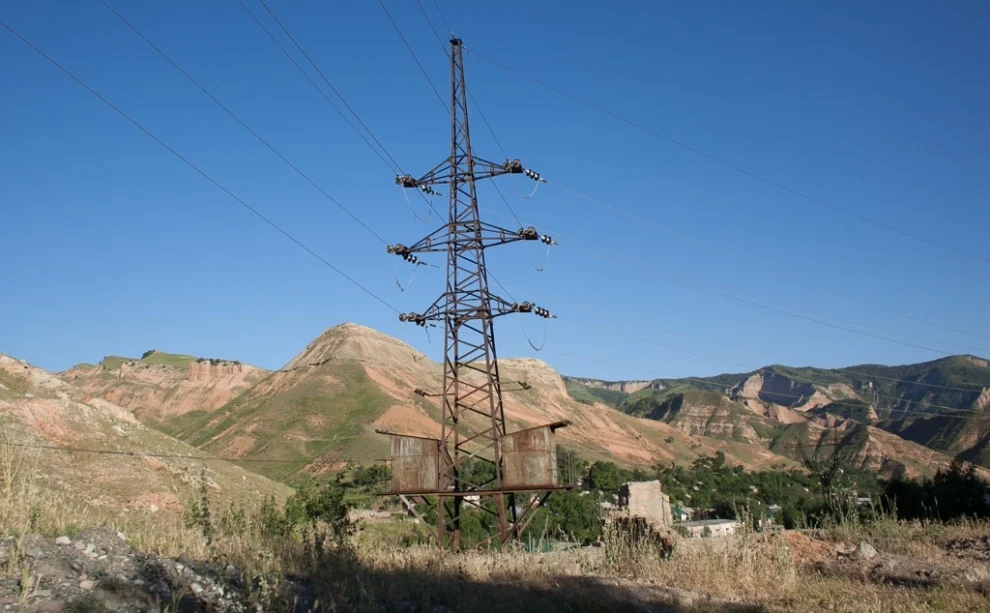It has already started importing from Kazakhstan and Turkmenistan this year.
A senior energy official in Kyrgyzstan has said that the government is poised to reach an agreement with Russia to import 875 million kilowatt hours of power in 2023-24, an amount equivalent to more than 5 percent of annual national consumption.
Deputy Energy Minister Sabyrbek Sultanbekov said the deal was due to be signed on March 30, but he did not offer specifics on the terms.
This agreement with Russia is part of a broader stated plan by Kyrgyzstan to import up to 2.2 billion kWh of electricity this year. In 2021, the most recent year for which there is complete data, Kyrgyzstan produced 15 billion kWh and consumed 16.3 billion kWh. The need for imports only deepened last year, when Kyrgyzstan bought 2.8 billion kWh.
This year, the country has turned so far to its nearer neighbors to top up supplies. In January, Kyrgyzstan paid $4 million to import 138.6 million kWh of electricity from Kazakhstan. A month later, it began to receive deliveries of electricity from Turkmenistan under a deal to import 1.6 billion kWh from that country.
While usage of electricity in industry and transport has seemingly fluctuated over the years, household demand has been on a relentless upward trajectory.
“The energy consumed by the residential sector … has grown consistently and rapidly, tripling during the 2000-2010 period and more than quadrupling between 2010 and 2019,” the International Renewable Energy Agency stated in a recent report. “This increase can be attributed to improving living standards coupled with the rising demand for heating.”
Unless relatively prompt remedial action is pursued, trends do not look promising.
In February, Stanislav Pritchin, an economics researcher from the Russian Academy of Sciences, offered the forecast that annual electricity consumption in Kyrgyzstan is expected to rise to 20 billion kWh by 2030.
As the International Energy Agency has found, however, heavy subsidies of electricity have made it unaffordable for the government to properly maintain and invest in preserving and upgrading production and transmission capacity. That is particularly unfortunate since, as the IEA has also said, “it is estimated that rehabilitation and modernization can save up to 25 percent of electricity.”
Kyrgyz authorities are gradually accepting the need to allow tariffs for electricity to rise, something they have historically been reluctant to do because of the political sensitivity around this issue. New proposed rates to be brought in from May 1 will increase the cost of using electricity, particularly for consumers exceeding certain thresholds. Provisions are being made to protect vulnerable communities from dramatic hikes to bills, however.
Source: Eurasia















